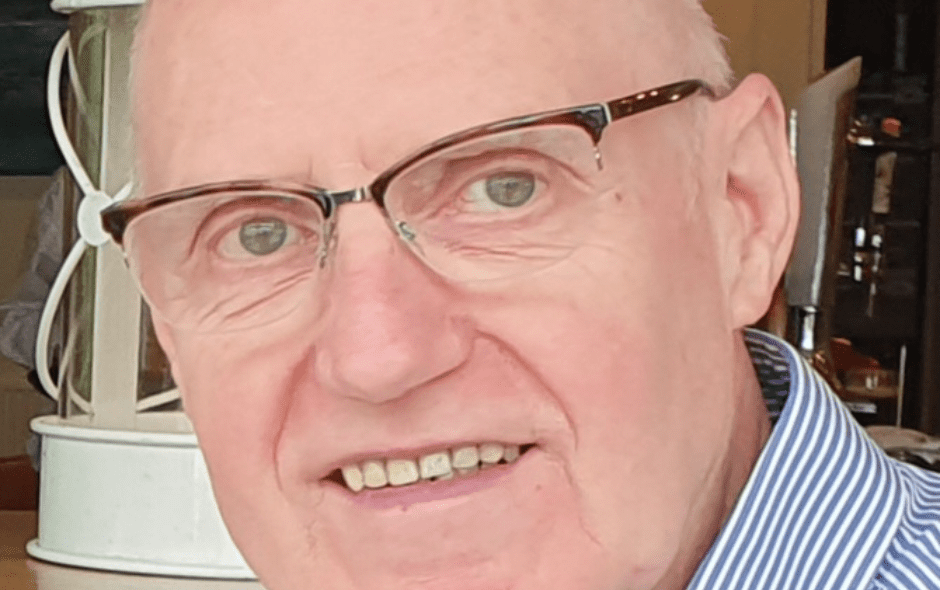John was diagnosed with epilepsy almost 20 years ago. He shares the challenges he has faced and the help and support that Epilepsy Scotland’s Welfare Rights Service has provided him.
How did you feel when you were first diagnosed with epilepsy?
Devastated. Lost, because I didn’t know anything about epilepsy. Absolutely nothing about it.
I just felt lost because ultimately, it meant giving up my job, which was a small business at the time.
I had to sell my home and live with my mum when I was in my 40s. Then I had to give up my driving licence. It was a lot to deal with at the one time.
What type of seizures do you have? How does it affect you?
Tonic-clonic seizures. They leave me absolutely drained for days afterwards. Unable to cook and things like that. End up having microwave dinners and people coming in to cook for me.
Hours after a seizure, you don’t know who you are or where you are. If you’ve soiled yourself, you can’t clean yourself.
If you’ve been in your bed, you can’t change your bed. It’s been quite life-changing.
What challenges have you faced since being diagnosed with epilepsy?
The loss of independence affects your confidence. Your social life that kind of thing. You feel kind of drawn in and feel that you’re life is more enclosed.
You try to enjoy the good days and get out and I know a lot of people are frightened of going out in case they have a seizure in the street, in case someone sees them having a seizure.
I’ve had seizures on the train, I’ve had seizures wherever. You can’t let it dominate every part of your life.
How did you hear about Epilepsy Scotland’s Welfare Rights service?
I’ve been involved with Epilepsy Connections for a number of years, volunteering and things like that.
I was having a really bad time with my Personal Independence Payment (PIP) claim and Epilepsy Connections are only qualified to go so far with your PIP claims, so they recommended that I get in touch with Epilepsy Scotland to help me with my PIP claim.
Ultimately, they took it on for me. The claim was rejected and then went through the appeals process and I won my appeal.
How has the Welfare Rights service helped you?
They have been hugely supportive. They helped with my forms and helped with the appeal process. They informed me what to do and how to do it. They did a lot of the groundwork for me.
They kept in touch via phone calls and email and supported me through it. It is quite a demeaning process the PIP process, they definitely helped keep my chin up. It can bring you down what they put you through.
Where would you be without Epilepsy Scotland’s Welfare Rights service?
I don’t know what I would have done without Welfare Rights support. I’m pretty certain I wouldn’t have won my appeal.
I wouldn’t have known how to go about doing the forms.
Tracey was with me in the calls with DWP. I had a seizure during one of the appeal meetings and still had my claim rejected.
Tracey advised me to get in touch with my local MP and again helped me with the process and put my appeal in. I think the advice has been incredible.
What would you say to people thinking about using Epilepsy Scotland’s Welfare Rights Service?
Do it. It is such a valuable resource. I feel lucky to have access to it. I feel sorry that a lot of people won’t know about it and will be suffering because of it.
It’s incredible the work that the Welfare Rights Service and Epilepsy Scotland do.
What would you say to others who have been recently diagnosed with epilepsy?
Get in touch with Epilepsy Scotland. Before I was diagnosed, I had read somewhere that always know your condition.
To get advice, to seek knowledge about the condition itself. But get in touch with Epilepsy Scotland.
Learning about epilepsy and, how to deal with it and how to live your life with it.
To find out more about how our Welfare Rights service can support you, please click here.




